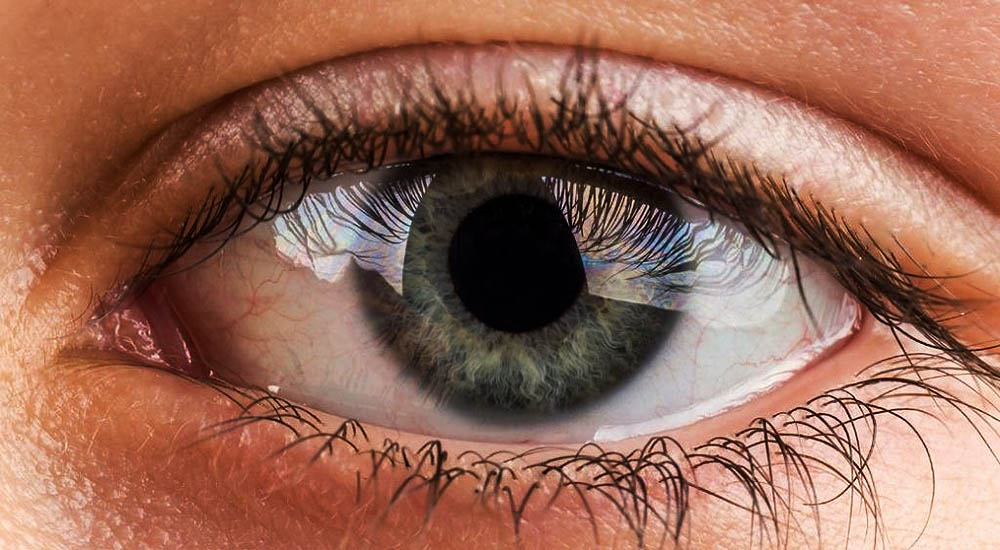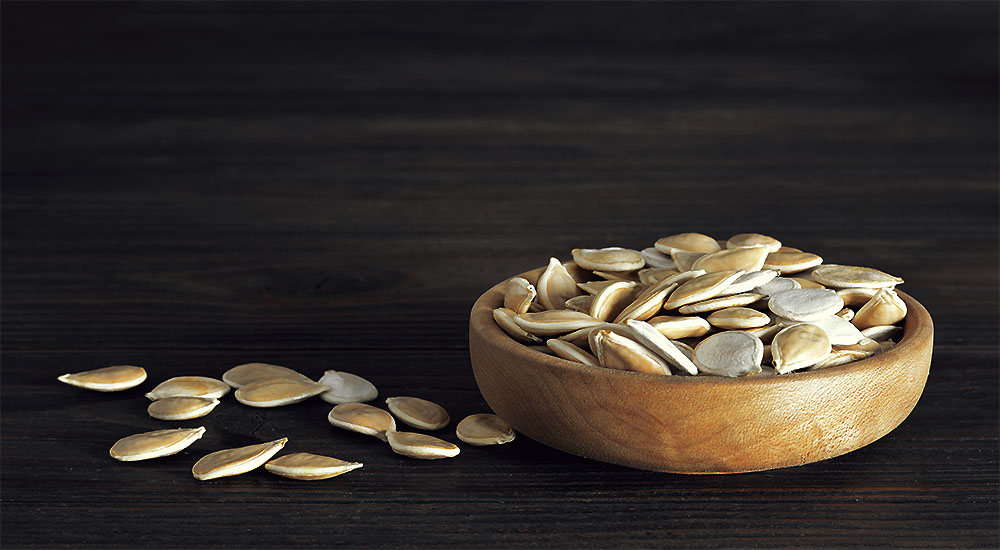Eye Health and Your Diet

Inflammation affects your risk of blindness
I was at my eye doctor today. We’ve known each other for a long time and he knows how I eat, exercise, and the fact that I take very good care of myself.
After my exam, he congratulated me on the health of my retina and the vessels of my eyes. He then commented on the fact that so many of the eye diseases he sees are preventable with diet and lifestyle and he wished more people knew that.
Prevention of blindness later in life is something I think most people could take seriously.
It turns out the same inflammation that increases your risk of heart disease, diabetes and cancer, puts you at risk for blindness in the form of glaucoma or macular degeneration.
The link is actually good news; why?
I think it’s exciting that doing the right thing, e.g. eating lots of fresh fruits, vegetables, and exercising, is not only good for the prevention of the leading killers like heart disease, diabetes, and cancer, but the same good practices protect your eyes as well.
What if these diseases run in your family?
They do in mine as well, but that doesn’t mean you have to develop them. If you make enough good choices in your diet and lifestyle and you can outsmart those genetics.
Macular degeneration is a leading cause of blindness
Macular degeneration is when the macula, a part of your retina, becomes damaged.
Your retina sits at the back of your eyeball and contains the light-sensitive cells that trigger impulses to travel along your optic nerve to your brain, where vision is formed.
The macula is the central part of the retina which creates the sharpest vision. Therefore, damage to that area results in blurred or reduced central vision which can lead to blindness.
Macular degeneration is the leading cause of vision loss in adults over the age of 50.
If macular degeneration runs in your family, make sure you’re visiting an ophthalmologist, but the biggest advice you should heed is that of lifestyle.
What’s an eye-healthy diet?
- Eat a diet rich in fruits and vegetables.
- Eat fatty fish once or twice per week – or supplement with EPA-DHA
- Avoid red meat
- Do not smoke
- Avoid sugar
- Exercise
- Maintain a healthy weight
- Maintain normal blood pressure
- Wear sunglasses and hats when outdoors.
Not only do these suggestions help to prevent macular degeneration, they can also help to slow its progress should you already have a diagnosis.
More on fruits and veggies
Vision supplements you may hear about include carotenoids, including lutein and zeaxanthin (zee-a-zan-thin), which are found in colorful dark green, orange, and yellow fruits and vegetables.
Therefore, when choosing your fruits and vegetables, try to include the following:
- kale
- broccoli
- okra
- brussels sprouts
- green beans
- lima beans
- squash
- sweet potatoes
- orange peppers
- green peppers
- spinach
- collard greens
- carrots
- citrus
- strawberries
Are eye supplements worthwhile?
Research from the National Eye Institute’s Age-Related Eye Disease Study found that specific nutritional supplements containing good doses of vitamins C, E, and beta-carotene, along with the minerals zinc and copper, could delay or even prevent macular degeneration from progressing to the advanced stage.
Their recommendations were as follows:
- 500 milligrams of vitamin C
- 400 international units of vitamin E
- 10 milligrams of lutein
- 2 milligrams of zeaxanthin
- 80 milligrams of zinc
- 2 milligrams of copper
The multiple and eye support formula we use here at the clinic will get you all the above.
Sugar, an enemy to your eyes
Sugar is pro-inflammatory, can cause cancer, and, as yummy as it can taste, really is the devil when it comes to retaining or regaining your good health.
Is it any wonder then that it’s no friend to your eyes either?
It can be a little rough at first, but getting sugar out of your life is an excellent health strategy.
Sugar linked to increasing risk of macular degeneration
Tufts University researcher Allen Taylor has known of the implication between sugar and macular degeneration for over a decade. Others have confirmed his findings.
Research on mice where a high simple sugar diet was used to induce macular degeneration, saw the abnormalities reverse when the mice were changed over to a low sugar diet.
It’s the inflammatory nature of sugar that causes the problems, linking it to not just macular degeneration but cancer and heart disease.
The fruit is not the same as sugar
The researchers noted that avoidance of simple sugar and simple carbohydrates should not include eating whole fruit.
Fruit in its whole form, in moderation, is a complex carbohydrate and anti-inflammatory, therefore please don’t confuse them for refined sugar. I recommend about 2 or 3 servings of fresh fruit per day. Berries and citrus are among the most healthy options.
Glaucoma is the second leading cause of blindness
Glaucoma is another serious eye condition whereby the optic nerve is damaged due to elevated pressure within the vessels of the eye. Due to the pressure that can be put on the optic nerve, glaucoma can also lead to permanent loss of vision.
Glaucoma affects more than 3 million Americans over the age of 40 and is the second leading cause of blindness.
Much like many degenerative diseases seen in later decades, what you do in your life early on sets you up for a higher or lower risk.
We discussed dietary issues affecting macular degeneration above, those same foods are important for glaucoma, along with a lifestyle factor that most Americans are not engaging in enough.
Where exercise fits in
Perfusion, or proper blood flow to the vessels of your eye, can influence your glaucoma risk.
Research has found that exercise, even a small amount, reduces your risk.
The journal, Medicine & Science in Sports & Exercise reported that your risk could be reduced by 40% or more simply exercising 2 ½ hours per week.
Of course, exercise increases circulation helping to keep the vessels of your body well perfused with blood, so it makes sense.
A prospective study by researchers from Iowa State and South Carolina University examined close to 10,000 Americans between the ages of 40 and 80. They discovered those participants who met the goal of 2 ½ hours of exercise per week enjoyed a 50% lower risk of glaucoma as compared with their sedentary counterparts.
Further, those with the highest cardiovascular fitness had a 40% lower risk.
Taking both parameters together, the individuals who met both guidelines, both exercise requirement and cardiovascular health, were at the lowest risk for developing glaucoma.
Those most physically active enjoyed a much-lowered risk
Another study out of UCLA found the most physically active individuals to have a 73% lower risk profile.
Even a 10-minute weekly increase in moderate exercise was enough to lower risk by 25% for every 10-minute increase.
Take control of your eye health
Some simple diet and lifestyle changes can make all the difference in protecting your vision.
Your eye doctor might not be as savvy or nutritionally minded as mine, so I wanted to share the good news on how to maintain your best eye health, while at the same time caring for the rest of your body.
Do you need help with your health?
We have the diagnostic and testing tools, the clinical experience, and a different medical approach to discovering the root cause of why you have the symptoms that are bothering you. As long as you are ready to make some dietary and lifestyle changes, we can help you. We will "hold your hand" through the changes, step by step, to make each step an easy one. We are located in Clearwater, FL, at 1000 S Ft Harrison, at the corner of Ft. Harrison Ave. and Magnolia St. There is plenty of parking space directly accessible from Ft Harrison. If it is not convenient for you to come to Root Cause Medical Clinic, we offer telehealth/telemedicine consultations to residents of certain states. Call us for details.
Contact us for a Consultation – Call 727-335-0400

Dr. Vikki Petersen DC. CCN
Founder of Root Cause Medical Clinic
Certified Functional Medicine Practitioner
Dr Vikki Petersen is a public speaker, author of two books, several eBooks and creates cutting edge content for her YouTube community. Dr Vikki is committed to bringing Root Cause Medicine and its unique approach to restoring health naturally to the world.
Ask a Doctor
Have a health concern you'd like to speak with a doctor about? Or just want clarity on a subject? Ask Us!


